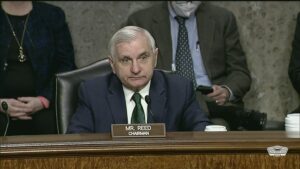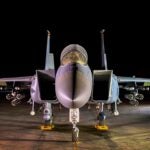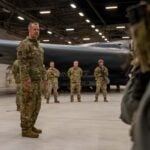
The Pentagon needs to accelerate efforts to build resilient satellite constellations to defend against anti-satellite (ASAT) weapons, such as the one tested by Russia last November, John Plumb, the nominee to become assistant secretary of defense for space policy, told the Senate Armed Services Committee (SASC) on Jan. 13. “One of the best ways the department can pursue to nullify that type of behavior is an architecture that’s resilient enough to withstand a blow to one or several satellites," Plumb…













